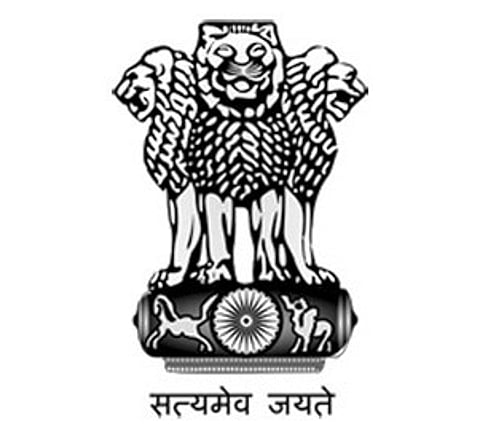

The News Minute | March 21, 2015 | 3.59 pm IST
The Indian government appears to be stuck in a time warp still referring to people with mental disabilities as “lunatics” on some occasions, while being more sensitive at other times.
At least two forms in use by the government of India – an Income Tax form and a form to open savings bank accounts with India Post – refer to people with mentally ill disabilities as “lunatic” or “idiots”.
The India Post form asks applications to tick the type of account they wish to open through the Post Office Savings Bank, such as recurring deposit account, savings account, basic savings account, PPF account, national savings certificate account etc.
The form also allows an individual to open accounts in the names of others such as a senior citizen, minor, or a “lunatic”. The categories are include Minor Through Guardian, Lunatic Through Guardian, Blind / Physically Handicapped / Illiterate Through agent, Pensioner, BPL, among others.
The form seems to have been modified not too long ago as it also asks for Aadhaar card number.
Form 49AA, which one uses to apply for a PAN card still calls people lunatics and idiots. The words idiot, moron and imbecile were the earlier terms used to describe different degrees of mental retardation.
The form refers to Section 160 of the IT Act 1961, according to which a representative assesse - person filling out the form for another person – can fill out a particular column. Column 16 says “… any specified person (assesse) can be represented through Representative Assessee. Therefore, this column should be filled in by representative assessee only as specified in Section 160 of the Indian Income - tax Act, 1961, such as, an agent of the non-resident, guardian or manager of a minor, lunatic or idiot, Court of Wards…”
The word lunatic is a much older way of describing mental problems, a remnant of a dark period of history when mental health was not yet fully understood and delivery of services often equivalent to torture.
The word “lunatic” has its roots in the Latin word for “moon”, and in the idea that the moon influence human behaviour.
The first mental health institutions in India, started by the British Britain were called “lunatic asylums”. They were also first started by the British. The first such institution to be established was in Mumbai in 1745, followed by Kolkata in 1784, according to a research paper published on the website of the US National Library of Medicine.
Even though present day mental health care is of abysmally poor quality and is simply not enough to meet the needs of the citizens of the country, the first law on mental health, is surprisingly old. Unsurprisingly, it was called “Indian Lunatic Asylum Act, 1858”. The act set down rules for the establishment of mental institutions and procedures for admission of patients.
The Agra Asylum was established in 1859, and the first patient to be admitted was a woman named Aniga, a beggar. The research paper says:
“In that year, 39 patients were admitted, out of which 25 died, six were cured, seven improved and were declared fit for discharge, and 1 escaped. The administration of the asylum was being managed by the Inspector General of Prisons. Mostly custodial care was provided to inmates in mud houses. The wards and living conditions of inmates were very poor and unhygienic. Lice were seen even on the walls. Many patients died because of diarrhoea.”
Gradually, as knowledge of mental illness improved, the asylums began to be renamed as “mental hospitals” in the late 19th and early 20th centuries, the paper notes. The paper also records that patients were kept in wards which were locked up due to fear of violent attacks by patients.
Today however, there are three major laws that the Indian government has enacted to ensure that persons with disabilities are cared for and also has policies of affirmative action to ensure that such people are not discriminated against simply because of their disabilities.
Section 2 of the The Persons with Disabilities (Equal Opportunities, Protection of Rights and Full Participation) Act, 1995 defines the term disability, and recognizes that disability could be mental as well: mental illness and mental retardation.
The act defines mental illness as any mental disorder other than mental retardation, and mental retardation as a condition of arrested or incomplete development of mind of a person which is specially characterised by sub normality of intelligence.